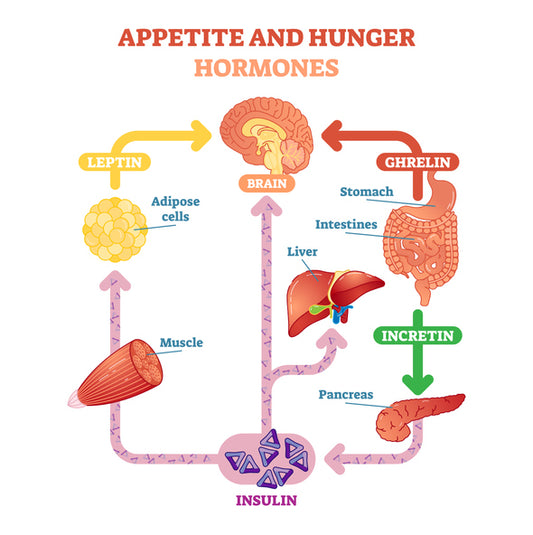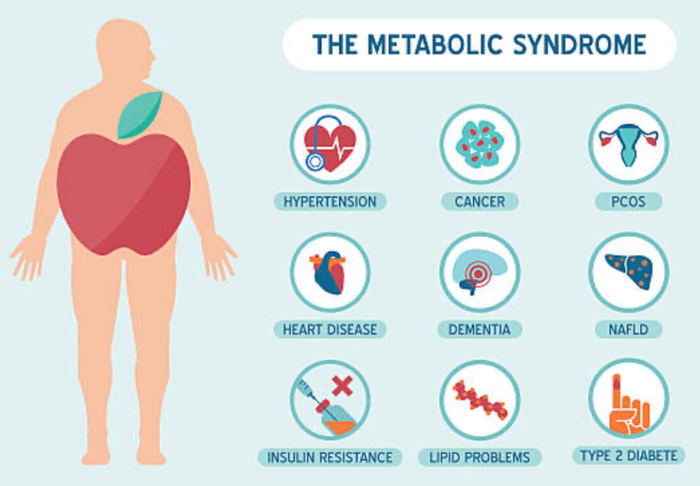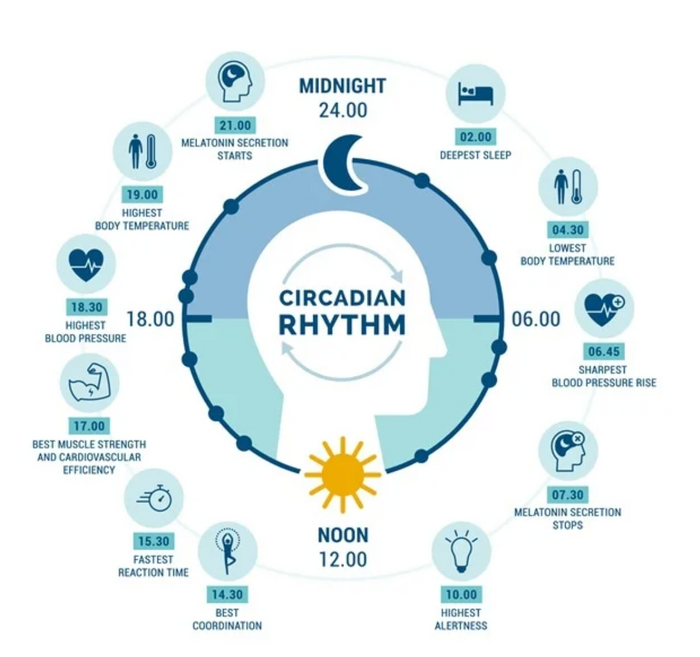Hangry, thinking you’re about to expire, watching the clock to know when you can have your next meal?
You have full license to blame it on your hormones. It’s scientifically accurate but if you learn a bit about how the hormones work, you’ll settle some of those hungry panic attacks.
One of the greatest fears people have when starting the program have is that they’ll suffer extreme hunger. I can guarantee you that, yes, you may have three days at the most of hunger pangs when you first start the program, but you’ll then notice a distinct reduction in your appetite.
Hunger fears are mostly because of fluctuations in blood glucose levels. Sure, they can make us feel like we need to eat quite urgently, but that’s not the same as hunger. Once these fluctuations start, we eat and then we want to eat more foods that provide a quick fix such as sugar because the hunger hasn’t been rectified.
It’s not because of a lack of willpower or because your stomach is too big that we become hungry either.
It’s all about your hormones.
There are hormones that control appetite – Peptide YY that kicks in as soon as you eat protein and CCK works on dietary fat.
Then, there are stretch receptors in your stomach. If you eat a meal that is full of fibre, the stretch receptors will tell your stomach you’ve eaten enough. This provides the feeling most of us have experienced when we say "I couldn’t eat another thing."
Once you activate those stretch receptors, it’s very difficult to continue eating.
Even though a lot of people are eating up to seven times a day now because snacking is so common, they’re not eating fibre-rich foods so the stretch receptors aren’t being activated so you’re never satiated.
That leads to a rush of insulin which grabs hold and stores food as fat. Your body cries out for even more glucose so, even though you’ve just eaten, you’re tempted to eat more.
This is how eating can make you more hungry.
It’s also worth understanding a bit about the hunger hormone Ghrelin. This hormone will come in waves throughout the day. Contrary to popular belief, it doesn't continue to escalate if you don't eat. It will dissipate within 2 hours and it's likely hunger will not return until the next scheduled 'wave'. During times of fasting, ghrelin actually remains quite subdued, so hunger is rarely an issue.
Hang on and trust the hormones to do their job if you give them the right fuel and a break to work properly.




























